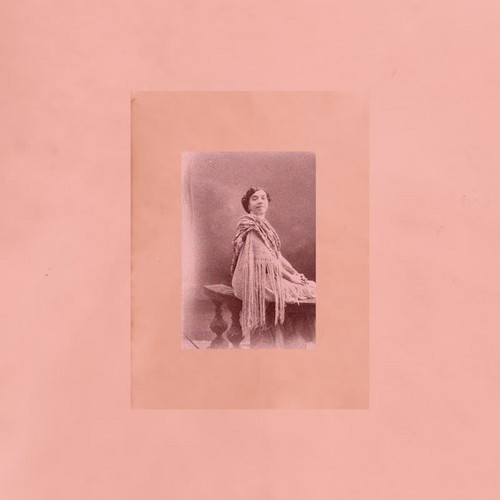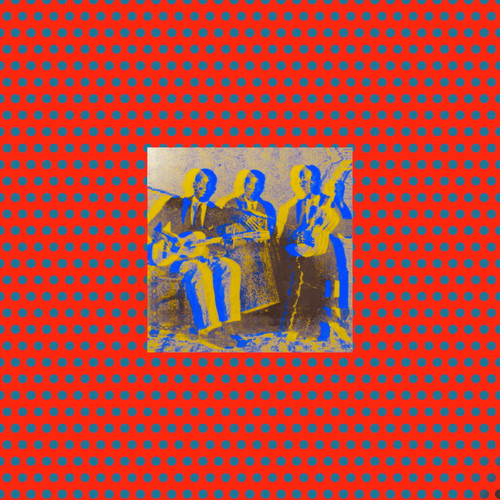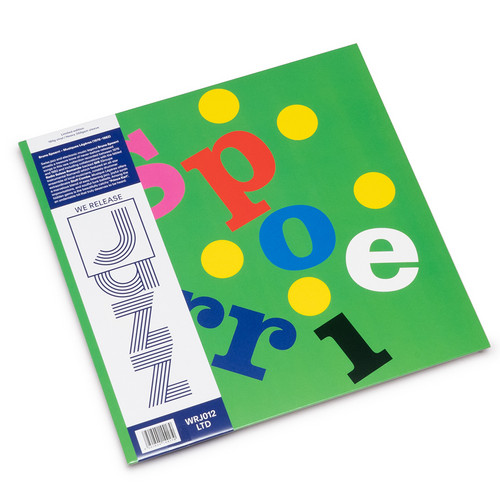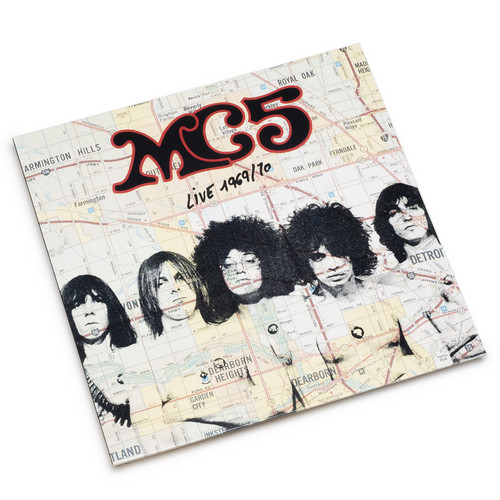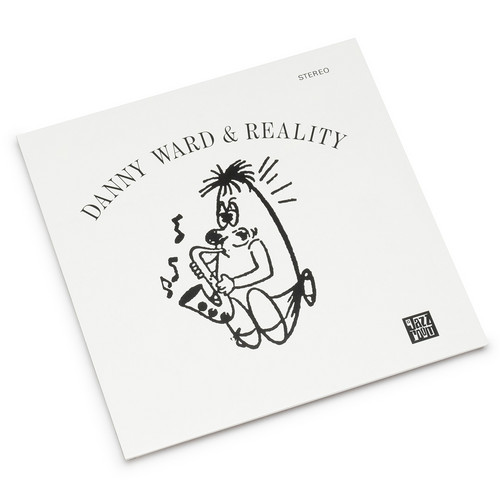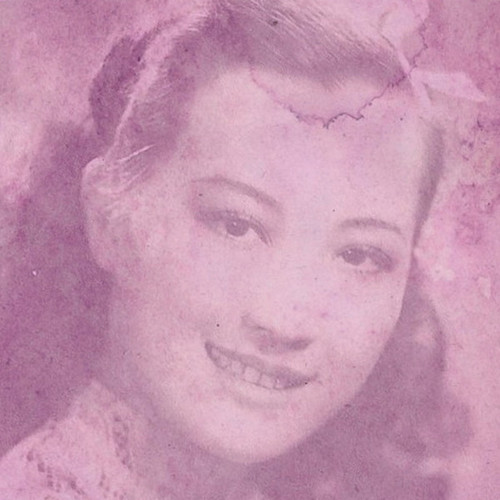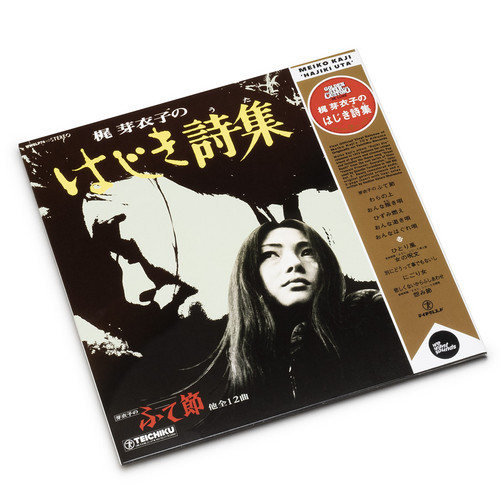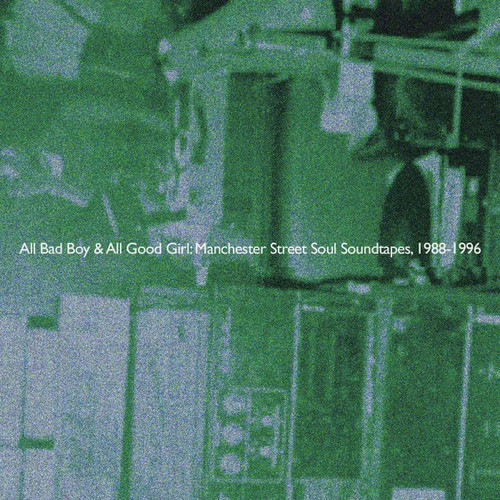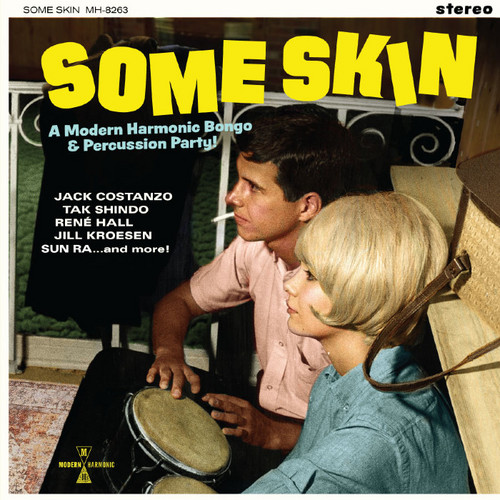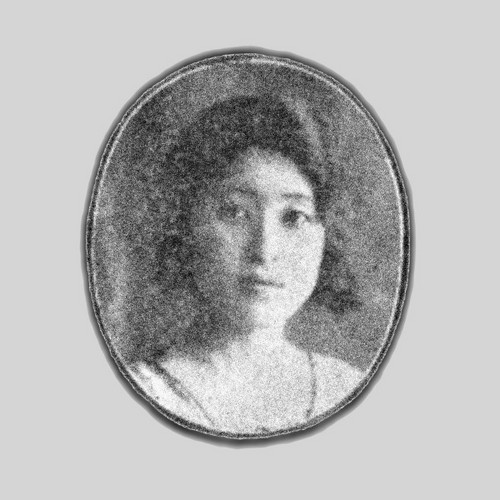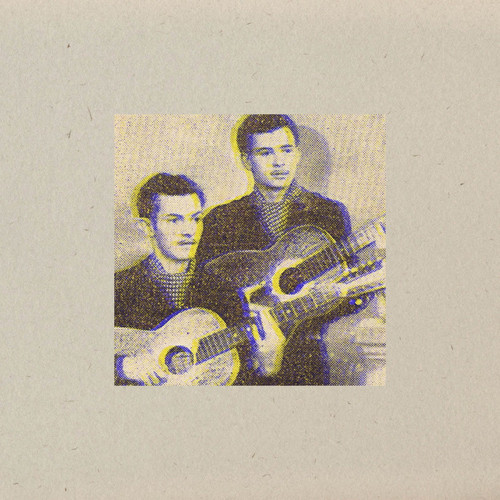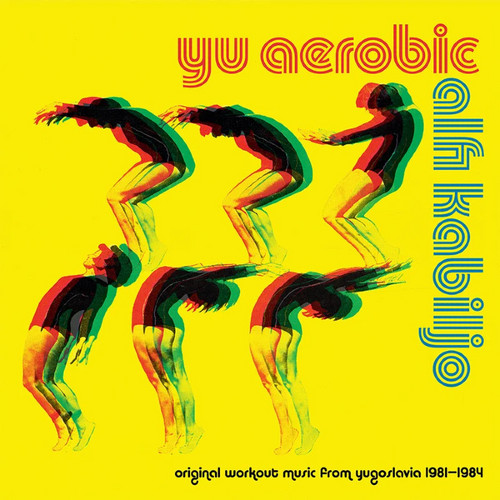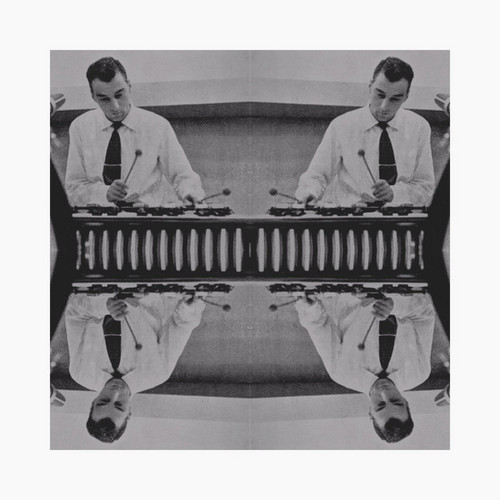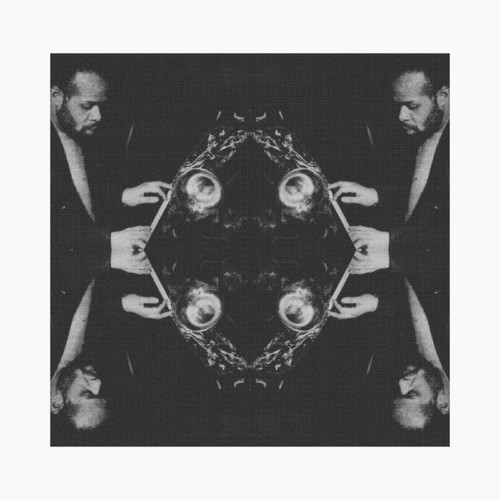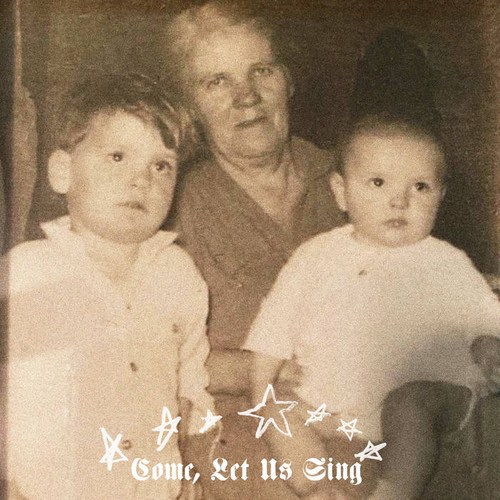My Greatest Revenge: Flamenco Recordings, 1904-1938
Death Is Not The End presents a collection of haunted, brooding flamenco recordings taken from the early 1900s through to the late 1930s.
If You Want to Make a Lover: Palm Wine, Akan Blues & Early Guitar Highlife, Pt. I
The first part in a collection encompassing Akan blues, palm wine and early guitar-based highlife music, with recordings dating from the late 1920s through to the end of the 1950s.
Musiques Légères (1976-1982)
Swiss jazz and electronic music legend, Bruno Spoerri, unveils a treasure trove of never-before-released songs in this rare collection recorded between 1976 and 1982 and including collaborations with the fabled Radio Suisse Romande-backed GIR (Groupe Instrumental Romand) which featured an all-star ensemble of local musicians, notably drummer extraordinaire Stuff Combe. Musique Légères offers a marvelous blend of easy listening jazz, joyful synth improvisations, and soulful funk ballads. Among th…
Live 1969/70
*2023 stock* This 11-track live compilation, assembled from various venues including German television ("Kick Out the Jams") and Detroit's Grande Ballroom in 1969 and New York City in 1970, offers slightly better sound than has been heard on some of the other MC5 archival material that started surfacing in the 1990s. But that's not to say that it plays in any way like an official release -- Rob Tyner's vocals have a problem competing with the guitars of Fred "Sonic" Smith and Wayne Kramer, but s…
Danny Ward And Reality
Another Holy Grail album from Jazz Room Records with Danny Ward & Reality who were the Go To Funky Jazz Band for College and other Hardcore Funk Party gigs in the Mid to late '70's in the Seattle area of the Pacific North West. They didn't just drop covers of the latest Disco or Top 40 hits though but instead took their audiences on a musical trip through the Funkiest and Jazziest sounds of the day featuring cuts made famous by George Benson, Lydia Pense and Coldblood, The Headhunters , Mandrill…
Waiting for Your Return: A Shidaiqu Anthology 1927-1952, Pt. II
Tip! Shidaiqu literally means “songs of the era”, a term used to describe a hybrid musical genre that first began permeating through the cosmopolitan city of Shanghai in the late 1920s. Blending western pop, jazz, blues and Hollywood-inspired film soundtracks with traditional Chinese elements, the shidaiqu represented a musical and cultural merging that would go on to shape a golden age of Chinese popular song & film in the pre-communism interwar period. Waiting for Your Return brings together a…
Hajiki Uta
Wewantsounds is delighted to announce an extensive reissue program of Meiko Kaji's first five album released in Japan between 1972 and 1974 on Teichiku Records. The program, in partnership with Teichiku and Meiko Kaji, will see her first five albums reissued on vinyl for the first time ever in their original Japanese artwork and remastered audio. Famous for her early 70s exploitation movies ('Lady Snowblood', the 'Female Prisoner Scorpion' and 'Stray Cat Rock' series) revered by Tarantino, Meiko…
All Bad Boy & All Good Girl - Manchester Street Soul Soundtapes, 1988-1996
*200 copies limited edition* A mixtape pulling together extracts from soundsystem tapes out of Manchester's storied street soul scene of the late 1980s to mid-1990s. Featuring DIY cassette recordings of sounds such as Broadway, Stereo Dan & Soul Control playing live at dances and blues parties in south & central Manchester from 1988 through to 1996.
River of Revenge: Brazilian Country Music 1929-1961, Vol. 2
The second volume in Death Is Not The End's survey of a form of Brazilian country music known as música caipira ("hillbilly music") - a stripped-back forerunner to música sertaneja, the Brazilian equivalent to US country & western which in it's contemporary form has come to dominate the domestic music industry in recent decades. This collection covers some of the earliest recordings made by the pioneering folklorist Cornélio Pires at the end of the 1920s, through to records from the 30s, 40s & 5…
Some Skin: A Modern Harmonic Bongo & Percussion Party
Bongo, the mere uttering of the word conjures up dreams and images of beatniks and poets, goatees and cha-cha heels. Bongo Rock! Bongo Fury! Bongo Madness! Beat on a pair of bongos and watch the party begin! Some Skin is designed to get that party started. We’ve put together a group of rare selections, the majority of which are previously unreleased, including cuts from Sun Ra, "Mr. Bongo" Jack Costanzo, exotica jungle master Tak Shindo, art-rock chanteuse Jill Kroesen, and more! Just throw the …
I'm Always Crying
Another brilliant bit of excavation from Death Is Not The End, a label rapidly becoming a crate-digging collective par excellence. Think Honest Jon’s with a particular focus on early-to-mid-20th-century folk musics of all strains. This particular release focuses on the career of Dolores Jiménez Alcántara, stage-name Nina de la Puebla, who was a prime exponent of the Flamenco and Andalusian Copla songbooks. As the fourteen songs here demonstrate, powerful alto was dexterous enough to encompass th…
Longing For The Shadow: Ryūkōka Recordings, 1921-1939
*In process of stocking* Emerging during the early stages of the recording industry in Japan, the ryūkōka style adopted western classical, blues & jazz elements into traditional and classical Japanese music.This collection of 1920s & 30s ryūkōka recordings follows on from the Kouta Katsutaro tape we put out a couple of years back, and further captures the hauntingly unique sound of a cultural merging that was starting to reflect itself via popular song, ahead of the widespread influence of weste…
River of Revenge: Brazilian Country Music 1929-1961, Vol. 1
Tip! Death Is Not The End present the first volume in a survey of a form of Brazilian country music known as música caipira ("hillbilly music") - a stripped-back forerunner to música sertaneja, the Brazilian equivalent to US country & western which in it's contemporary form has come to dominate the domestic music industry in recent decades. This collection covers some of the earliest recordings made by the pioneering folklorist Cornélio Pires at the end of the 1920s, through to records from the…
YU Aerobic
The phenomena of exercise tapes and albums started officially in Yugoslavia in 1983, Jane Fonda’s book was heavily promoted and published in local edition. Famous actress Milena Dravić released Aerobika Sa Milenom Dravić cassette for RTV Ljubljana and Sarajevo choreographer Gordana Magaš released Aerobik Ples: Pokrenimo se malo!. They were classical instructional tapes with voice-over and international disco or chart hits in the playlist . But Vesna Mimica, who perfected her art with Sylvie Vart…
I Had The Craziest Dream: Modern Jazz And Hard-Bop In Post War London, Vol. 3
The third volume in a survey of the modern jazz & hard-bop scenes that emerged in the new cultural melting pot of post war London, with recordings from the end of the 1940s through to the early 1960s. Featuring representations from players whose roots lay in the East-End's jewish community alongside a wealth of talent of Caribbean and African descent playing and recording in post war London during this period. Made in partnership with the Barbican to coincide with the exhibition Postwar Modern: …
I Had The Craziest Dream: Modern Jazz And Hard-Bop In Post War London, Vol. 2
The second volume in a survey of the modern jazz & hard-bop scenes that emerged in the new cultural melting pot of post war London, with recordings from the end of the 1940s through to the early 1960s. Featuring representations from players whose roots lay in the East-End's jewish community alongside a wealth of talent of Caribbean and African descent playing and recording in post war London during this period. Made in partnership with the Barbican to coincide with the exhibition Postwar Modern:…
Come, Let Us Sing
What shall we sing? Folklorist Derek Piotr presents the third and final installation in the Bare family trilogy, this time highlighting lesser-known and garbled versions of local folk tunes, and again braiding the past with the present by incorporating his own contemporary fieldwork of the Bare's living descendants.
